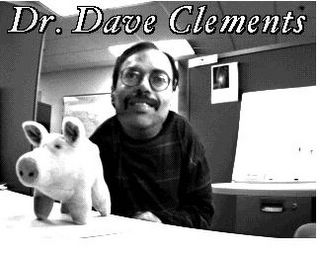I've been reading the new book, "Cheap," by Ellen R. Shell. It's a study of the latter 20th centuy's drive to push prices downward, and thereby devalue labor and destroy the very middle class supposedly being served by Wal-Mart, Target, and even Ikea.
The part of the book I'm reading now deals with the psychology of price. What constitutes a bargain? What is the most fitting price for an item? What is the psychology of mega-stores like Costco, which herd customers like cattle, from stall to stall until the finally reach the exit gates?
What I find fascinating is that people's decisions to shop are not driven wholly by reason. Prices can be manipulated to activate the more primitive segments of the brain; the portions that pre-date most higher-level consciousness. Stores price items at $9.99 because they know that our brains see that as $9.00, not "virtually" $10.00. Even though we're aware of the trickery, we still fall for it. Our deep brains can't resist a good bargain.
Which brings me to ponder the current myth of the "heathcare market." Amazingly, "conservatives" like Huckabee and Palin, who go through all kinds of half-assed contortions to argue against CO2-induced climate change, or to reconcile Bronze Age creation myths with modern-day fossil evidence, suddenly transform themselves into 18th century Rationalists when it comes to market theory.
The argument seems to come down to "give people a choice, and they'll always choose what's best for them." Like Rousseau and Locke, the free-marketeers are wholly trusting in people's ability to act in their own best interest. From the American Civil War, to Germany's twin disasters in the two world wars, we can see that people often choose what's WRONG for themselves, based on emotive factors not completely under their control. These very factors are easily manipulated by those who can profit from humanity's tendency to act on baser instincts.
So, these Lockeans believe that if we give people access to hundreds of insurance policies, they'll select the best. Yet they buttress their arguments with appeals to fear and anger on the part of the masses: Obama's birth certificate, Hitlerism, "death panels," forced abortions.
The very reason we need government intervention in the medical marketplace is that insurance, like all other goods, can be manipulated by the corporate power structure against the best interests of the citizenry.
It's time to pay more attention to Hobbes, and less to Locke (the eternal dichotomy of American governmental philosophy).
Subscribe to:
Post Comments (Atom)

No comments:
Post a Comment